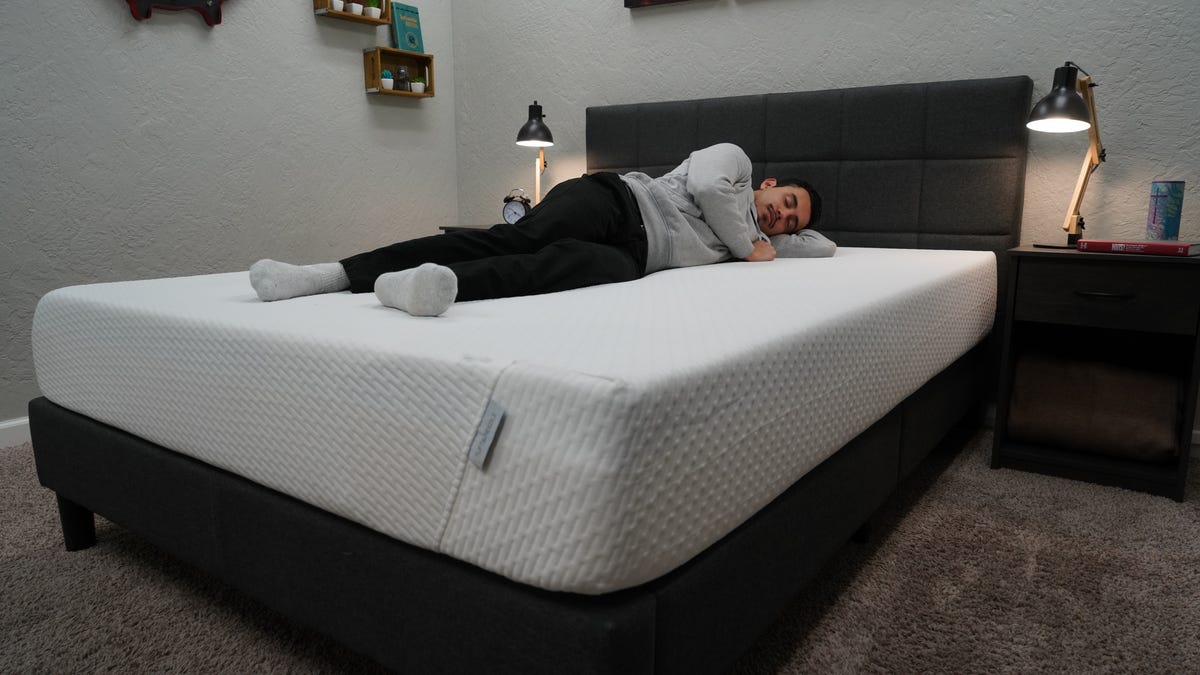If you’re in the market for a twin-size mattress, you likely have a small bedroom, are buying a mattress for your child, are purchasing a mattress for your guest room or are on a tight budget. Here are some considerations to keep in mind.
Co-sleeping
Twin-size mattresses are the most affordable but also the smallest bed models. If you are considering co-sleeping on a twin-size mattress, consider opting for at least a full-size instead.
Construction
You don’t have to compromise comfort or quality to buy an affordable twin-size mattress. I recommend buying a mattress thicker than 6 inches unless you’re buying one for your small child of ten years or younger. Luckily, plenty of options within that range are easy on your wallet.
Firmness
If you’re looking to buy a twin mattress for yourself, consider your sleeping position. Side sleepers fare better on softer beds, while back and stomach sleepers typically prefer firm mattresses. Consider a soft model if you’re buying a twin-size mattress for your child. The smaller you are, the firmer a mattress tends to feel. Kids also tend to like a lighter, plusher feel. If you’re searching for a twin-size mattress for your guest bedroom, consider a model with a medium firmness level. This accommodates anyone who decides to stay, from your side-sleeping Aunt Kathy to your back-sleeping and snoring Grandpa Joe.
Price
Of course, budget will play a significant role in the mattress you end up purchasing. The average twin-size mattress price tag ranges from $800 to $1,200, but plenty of great options are below that price point. Determining your budget first will help narrow down the best picks for you — and you don’t necessarily have to sacrifice comfort or quality when purchasing a cheaper bed. For example, our best overall twin-size mattress choice costs less than $400.
#Twin #Mattress
